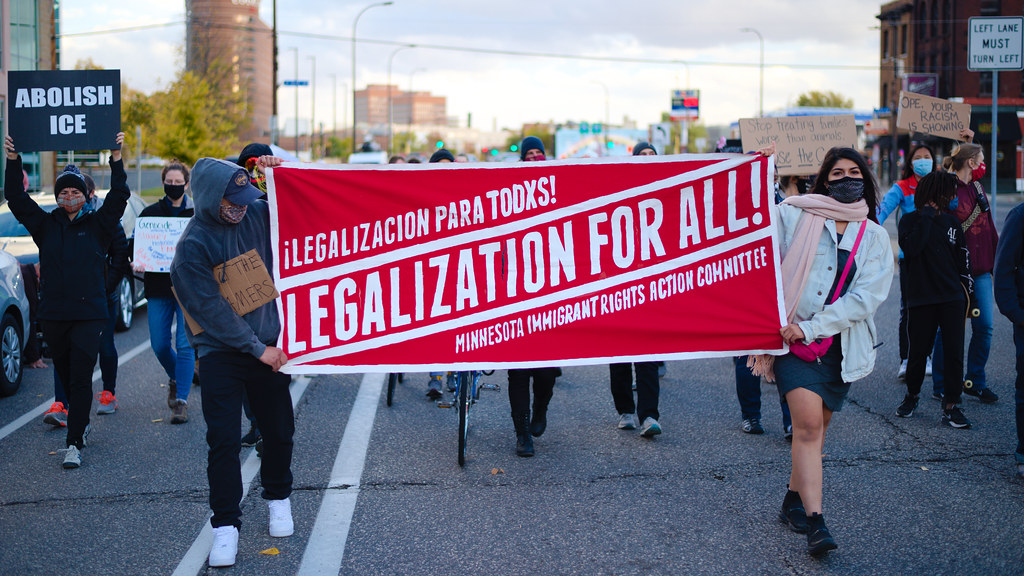 It has been quite a whirlwind in the two months since President Trump has taken office.
It has been quite a whirlwind in the two months since President Trump has taken office.
From mass deportations to interrogations at U.S. ports of entry, the White House has delivered on their campaign promises to limit immigration by any means necessary.
Now we are learning that immigration enforcement is about to get even tougher for those in removal proceedings.
The Internal Revenue Service (IRS) is now cooperating with Immigrations and Customs Enforcement (ICE) to help officers verify the names and residential addresses of undocumented immigrants they are trying to deport from the United States.
Three government officials recently spoke with New York Times reporters revealing that the tax agency will be helping facilitate Trump’s mass deportations.
This shift in policy is extremely concerning given that thousands of undocumented immigrants provide information about where they are living when filing tax returns with the IRS using individual taxpayer identification numbers (ITINs) instead of Social Security numbers.
Initially, the IRS had refused Trump’s requests to hand over the residential addresses of undocumented immigrants in removal proceedings because federal law prohibits improper disclosure.
 Visa Lawyer Blog
Visa Lawyer Blog












